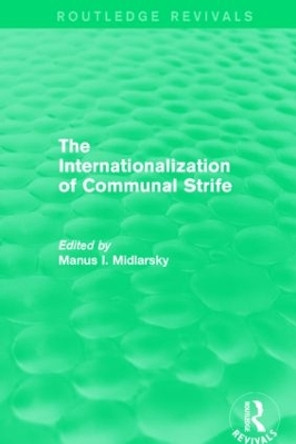Why is the relationship between inequality and democracy so compelling to the contemporary social scientist? This 1997 volume addresses questions that were raised as early as the time of Aristotle and through Marx to the present. Theoretical lacunae are explored, as are major current policy concerns. The book focuses on the sources of democracy, the relationship between economic development and thresholds of democracy, and finally on responses to democratization. Of course, definitions of democracy have varied over an extraordinarily wide range, as have conceptions of inequality, and the reader will find such variations reflected in the contributions to this volume. Descriptions of democracy vary from an emphasis on equality of participation for all citizens in decision making, to more complex indices emphasizing competitiveness and civil liberties. The contributors to this volume provide the kind of multidimensional analysis which is essential to a comprehensive treatment of the relationship between inequality, democracy, and economic development.
This 1997 volume examines the relationship between inequality and democracy, looking at questions raised as early as Aristotle through to the present day.Reviews"An excellent resource for upper-level courses in politics, sociology, and economics; also very useful for scholars working in the area of status inequities and global political systems. Upper-division undergraduates and above." Choice
Book InformationISBN 9780521576758
Author Manus I. MidlarskyFormat Paperback
Page Count 382
Imprint Cambridge University PressPublisher Cambridge University Press
Weight(grams) 560g
Dimensions(mm) 229mm * 152mm * 22mm







